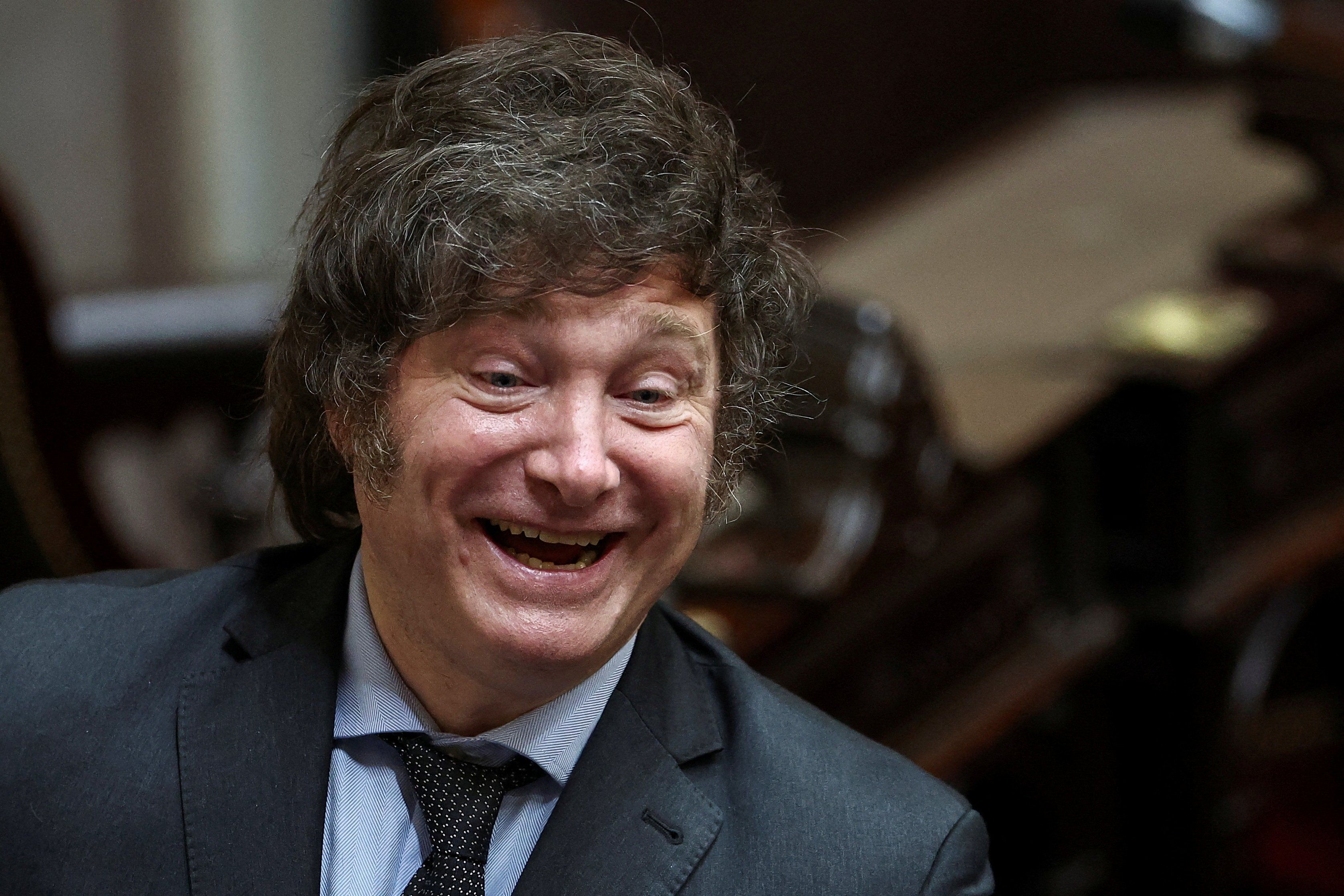After running a scorching campaign that promised to turn Argentina into a Utopia of free-market capitalism by any means necessary, President-elect Javier Milei is cooling things down a bit ahead of his inauguration on Sunday.
Milei won last month’s election in a landslide by blasting the economic policies of the outgoing Peronist government, promising to slash government spending, cut taxes, eliminate most ministries, close the central bank, and dollarize Argentina’s economy.
But now he is aligning himself closer to the Peronist party he derided and hiring mainstream figures to help him shape his economic agenda, conceding that he can’t topple the central bank overnight. He is also moderating his promises to cut social spending, as powerful labor unions and working class movements line up against him.
Milei comes to power during the worst economic crisis in decades, with two out of five Argentines living in poverty and inflation up 147% since last year. But he’ll also be governing without a majority in Congress. His last-minute moves to moderate are at least partly due to the realization that he’ll have to win friends and influence people if he wants to make progress on his domestic policy promises.
